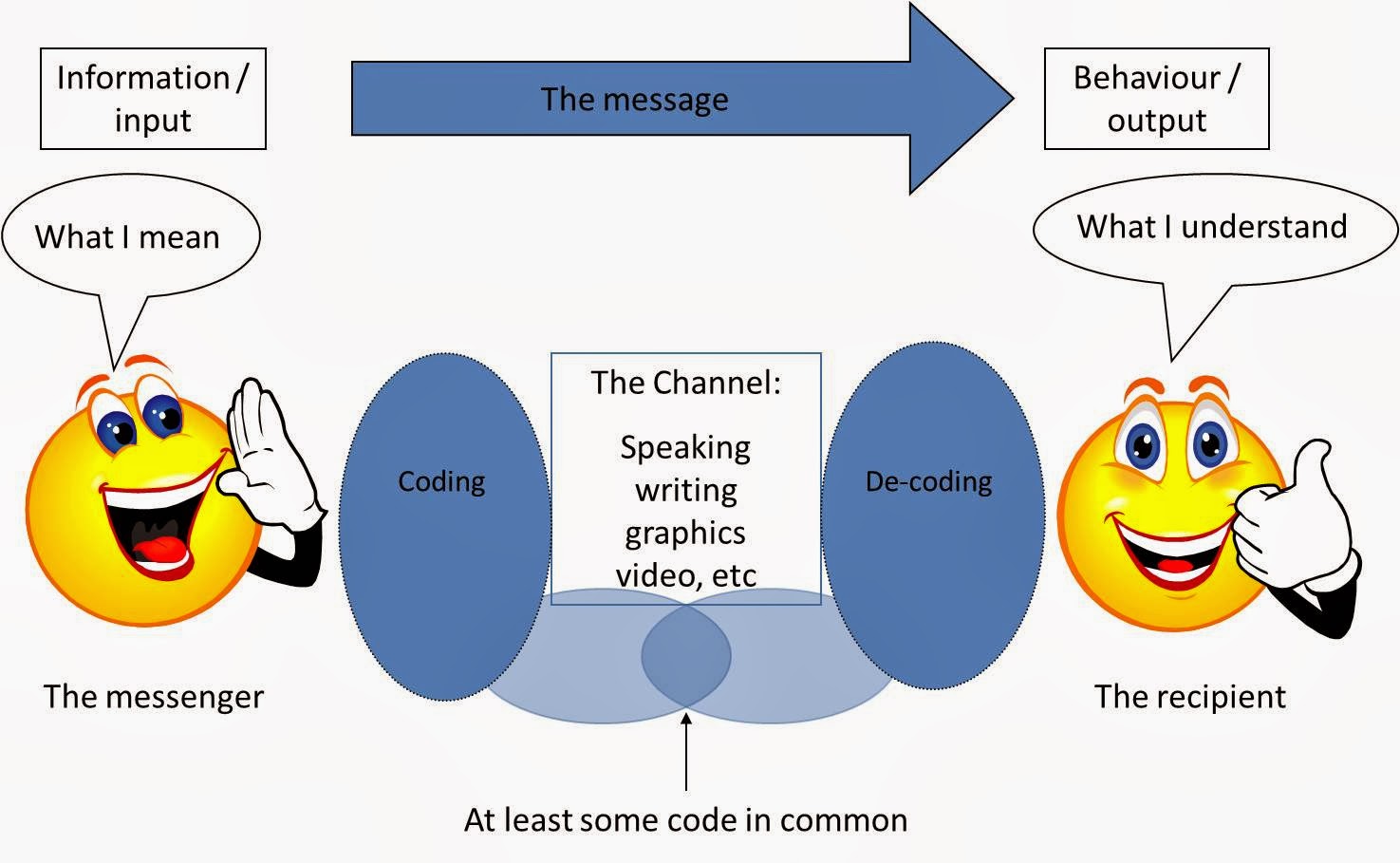Psychology: Introductions and Basics of Different Schools
Psychology is the scientific study of the mind and behaviour. It encompasses various topics, including how people think, feel, act, and interact with others. This field is both a theoretical and applied science, and it incorporates aspects from natural and social sciences to explore the complexity of mental processes and behaviours.
Here are
some expert definitions from notable figures in the field of psychology:
- William James (1842-1910),
often called the father of American psychology, defined psychology as
"the science of mental life, both of its phenomena and their
conditions." This definition reflects James' focus on the study of
consciousness and introspection.
- John B. Watson (1878-1958), a
prominent behaviourist, redefined psychology as "the scientific study
of observable behaviour." He argued that psychology should be a
purely objective experimental branch of natural science, with no room for
introspection or the study of mental processes.
- Sigmund Freud (1856-1939),
the founder of psychoanalysis, described psychology as "the science
of the unconscious." For Freud, psychology was deeply intertwined
with studying the unconscious mind and the effects of childhood
experiences on adult personality and behaviour.
- B.F. Skinner (1904-1990),
another leading behaviourist, defined psychology as "the science of
behaviour." He emphasised the importance of studying observable behaviours
and the environmental factors that shape them rather than internal mental
states.
- Carl Rogers (1902-1987), a
humanistic psychologist, saw psychology as "the study of the self and
the individual's subjective experience." Rogers' definition
highlights the importance of personal growth, self-actualisation, and the
individual's perspective.
- Jean Piaget (1896-1980),
known for his work in developmental psychology, defined it as "the
study of the development of human cognitive capacities." Piaget
focused on how thinking and reasoning develop from infancy through
adulthood.
Each of
these definitions underscores a different aspect of psychology, reflecting the
diversity and evolution of the field over time. From the study of mental life
and behaviour to the exploration of the unconscious, observable behaviours,
subjective experiences, and cognitive development, these definitions
collectively illustrate the multifaceted nature of psychology.
a. Vedic
School of Psychology
Historical
Context: Originating from ancient Indian texts, Vedic psychology is
deeply spiritual, emphasising the exploration of consciousness and the self.
Key
Concepts:
- Atman: The concept of the inner
self or soul.
- Dharma: Moral and ethical duties.
- Karma: The law of cause and
effect in moral actions.
Role of
Teacher and Students:
- Teacher (Guru):
Acts as a spiritual and moral guide, imparting wisdom and ethical living.
- Students (Shishyas):
Engage in self-discipline, meditation, and moral reflection, striving for self-realisation.
Educational
Implications: Emphasizes holistic development, integrating
spiritual, moral, and intellectual growth.
b. Behaviourist
School of Psychology
Historical
Context: Emerged in the early 20th century, with key figures like
John B. Watson and B.F. Skinner.
Key
Concepts:
- Classical Conditioning:
Learning through association, as demonstrated by Pavlov.
- Operant Conditioning:
Learning through reinforcement and punishment.
- Behaviour Modification:
Techniques to change behaviour.
Role of
Teacher and Students:
- Teacher: Implements
strategies for behaviour reinforcement and conditioning.
- Students: Seen as responders
to environmental stimuli, learning through reinforcement.
Educational
Implications: Focus on measurable outcomes, structured
learning environments, and reinforcement strategies in teaching.
c.
Gestalt School of Psychology
Historical
Context: Founded in the early 20th century by Max Wertheimer,
Wolfgang Köhler, and Kurt Koffka.
Key
Concepts:
- Perception of Whole Patterns:
Understanding that the whole differs from the sum of its parts.
- Insight Learning:
Sudden realisation of a problem's solution.
- Figure-Ground Perception:
Differentiating between a figure and its background.
Role of
Teacher and Students:
- Teacher: Facilitates
understanding of concepts as whole patterns.
- Students: Actively engage in
problem-solving and perceiving relationships.
Educational
Implications: Emphasizes teaching methods that promote
critical thinking and problem-solving.
d.
Cognitive School of Psychology
Historical
Context: Rose to prominence in the mid-20th century with
psychologists like Jean Piaget and Lev Vygotsky.
Key
Concepts:
- Stages of Cognitive Development
(Piaget): Describes how children's thinking evolves over time.
- Sociocultural Theory
(Vygotsky): Highlights the role of social interaction and cultural context
in learning.
- Information Processing:
How humans perceive, remember, and learn information.
Role of
Teacher and Students:
- Teacher: Guides cognitive
development, scaffolding learning experiences.
- Students: Active learners,
constructing understanding through interaction and experience.
Educational
Implications: Focuses on developmental appropriateness, active
learning, and the importance of social context in education.
e.
Humanistic School of Psychology
Historical
Context: Developed in the mid-20th century, with Carl Rogers and
Abraham Maslow as central figures.
Key
Concepts:
- Self-Actualization:
The pursuit of fulfilling one's potential.
- Student-Centred Learning:
Education tailored to individual needs and goals.
- Hierarchy of Needs (Maslow):
A model of human motivation, from basic needs to self-actualisation.
Role of
Teacher and Students:
- Teacher: Provides an
environment of acceptance, empathy, and personal growth facilitation.
- Students: Active participants
in their learning, seeking to fulfil their potential.
Educational
Implications: Emphasizes personal growth, emotional
well-being, and the development of self-esteem in students.
These
comprehensive insights into each school of psychology provide B.Ed. Students
with a solid understanding of various educational theories and their practical
applications in the classroom.



Comments
Post a Comment